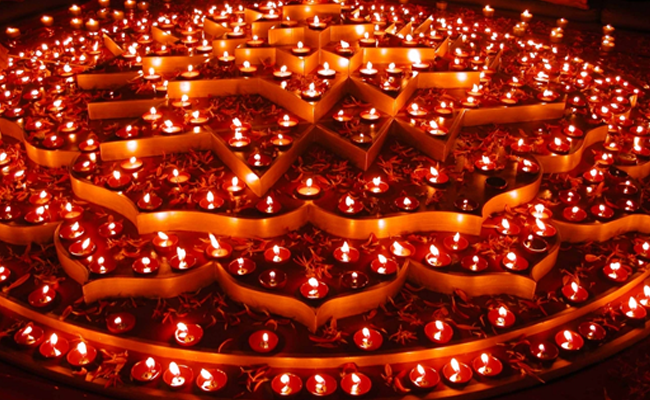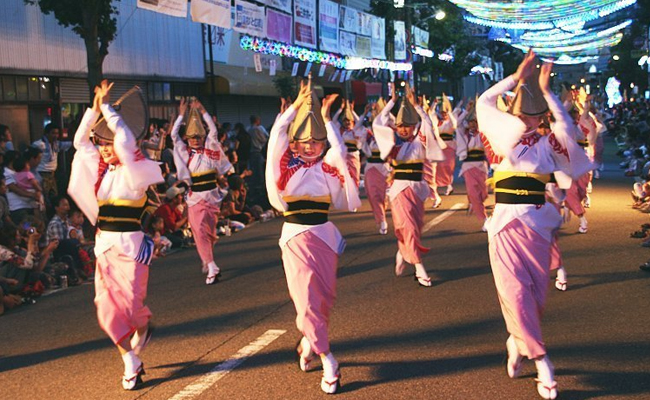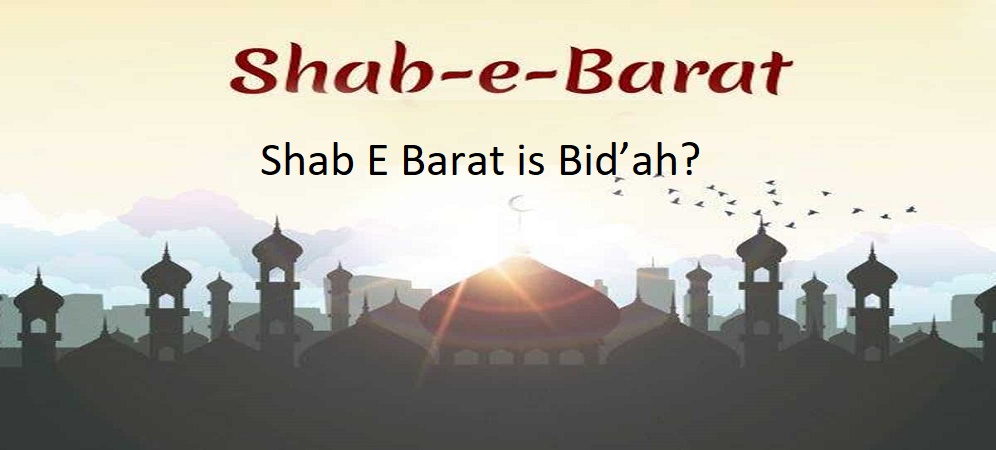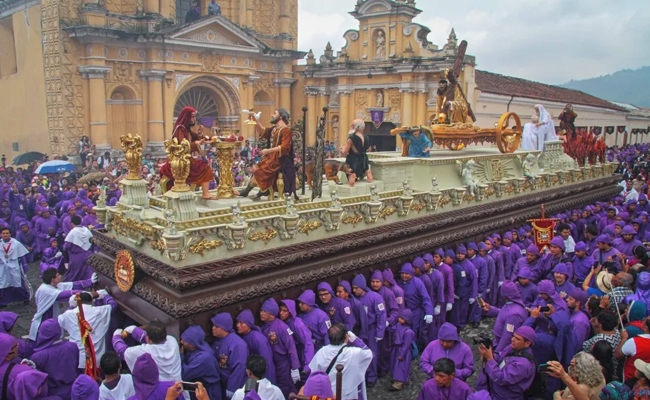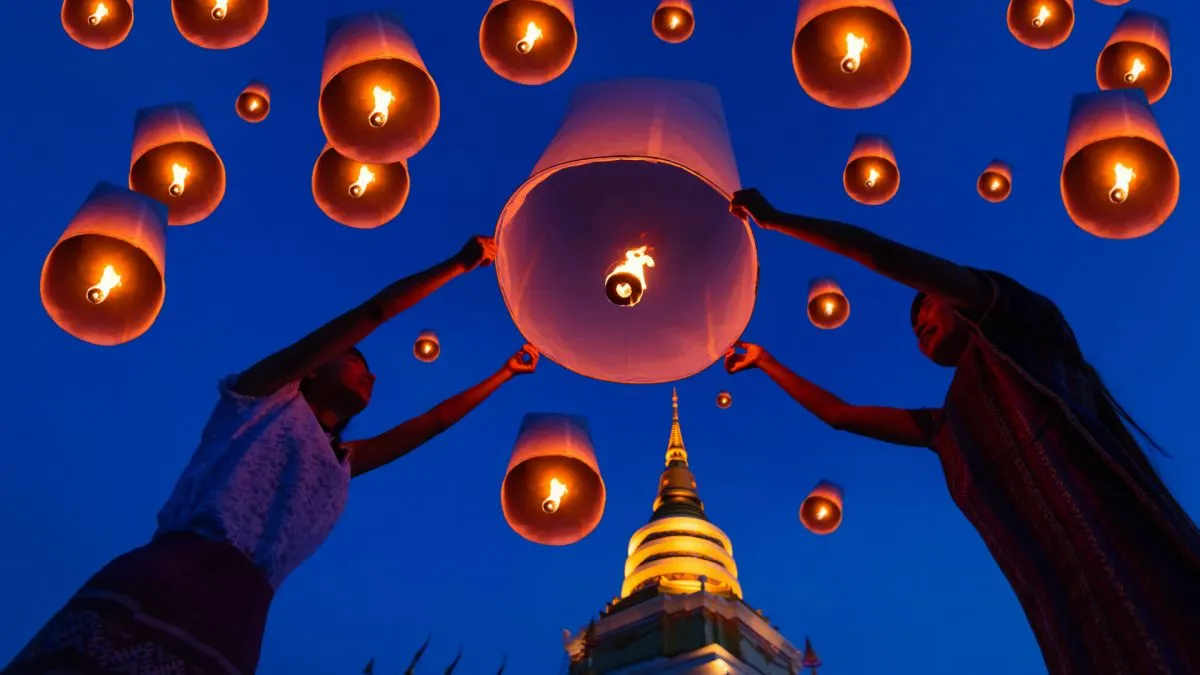Diwali, also known as the Festival of Lights, is one of the most important and widely celebrated festivals in India. This vibrant and colorful festival is celebrated by people of all religions across the country, and marks the victory of light over darkness, good over evil, and knowledge over ignorance. In this article, we will explore the significance, traditions, and customs associated with Diwali.
Significance of Diwali
Diwali is celebrated in the month of October or November, and marks the end of the harvest season and the beginning of the new year in the Hindu calendar. The festival symbolizes the victory of Lord Rama over the demon king Ravana, and the return of Lord Rama to his kingdom after 14 years of exile. It is also believed to be the day when Goddess Lakshmi, the goddess of wealth and prosperity, was born from the churning of the cosmic ocean.
Traditions and Customs
Diwali is celebrated over a period of five days, and each day has its own significance and customs.
Day 1: Dhanteras – The first day of Diwali is known as Dhanteras, and is dedicated to wealth and prosperity. People buy gold, silver, and other precious metals, and perform a puja (worship) to Goddess Lakshmi and Lord Kuber, the god of wealth.
Day 2: Choti Diwali – The second day of Diwali is known as Choti Diwali or Narak Chaturdashi, and is dedicated to the triumph of good over evil. People light diyas (earthen lamps) and candles to ward off evil spirits, and perform a puja to Lord Krishna and Goddess Kali.
Day 3: Diwali – The third day of Diwali is the main day of the festival, and is celebrated with great enthusiasm and joy. People decorate their homes with lights, rangolis (colorful patterns made with colored powder), and flowers. They perform a puja to Goddess Lakshmi, and exchange sweets and gifts with family and friends.
Day 4: Govardhan Puja – The fourth day of Diwali is known as Govardhan Puja, and is dedicated to Lord Krishna. People make a small mountain of cow dung and decorate it with flowers, and offer food to Lord Krishna and the cows.
Day 5: Bhai Dooj – The fifth and final day of Diwali is known as Bhai Dooj, and is dedicated to the bond between brothers and sisters. Sisters perform a puja for the well-being of their brothers, and brothers give gifts to their sisters.
Celebrations Across India
Diwali is celebrated with great enthusiasm and joy across India, and each region has its own unique customs and traditions associated with the festival. In North India, people light diyas and candles, and burst firecrackers to celebrate the festival. In South India, people draw rangolis with rice flour and decorate their homes with flowers. In West India, people prepare traditional sweets and snacks, and decorate their homes with colorful lanterns.
Conclusion
Diwali is a time for joy, happiness, and togetherness. It is a time to forget past grudges and misunderstandings, and to embrace love, compassion, and forgiveness. This festival brings people of all religions and cultures together, and fosters a sense of unity and harmony. Diwali is a celebration of life, and a reminder to cherish and appreciate the blessings that we have in our lives.
![]()

